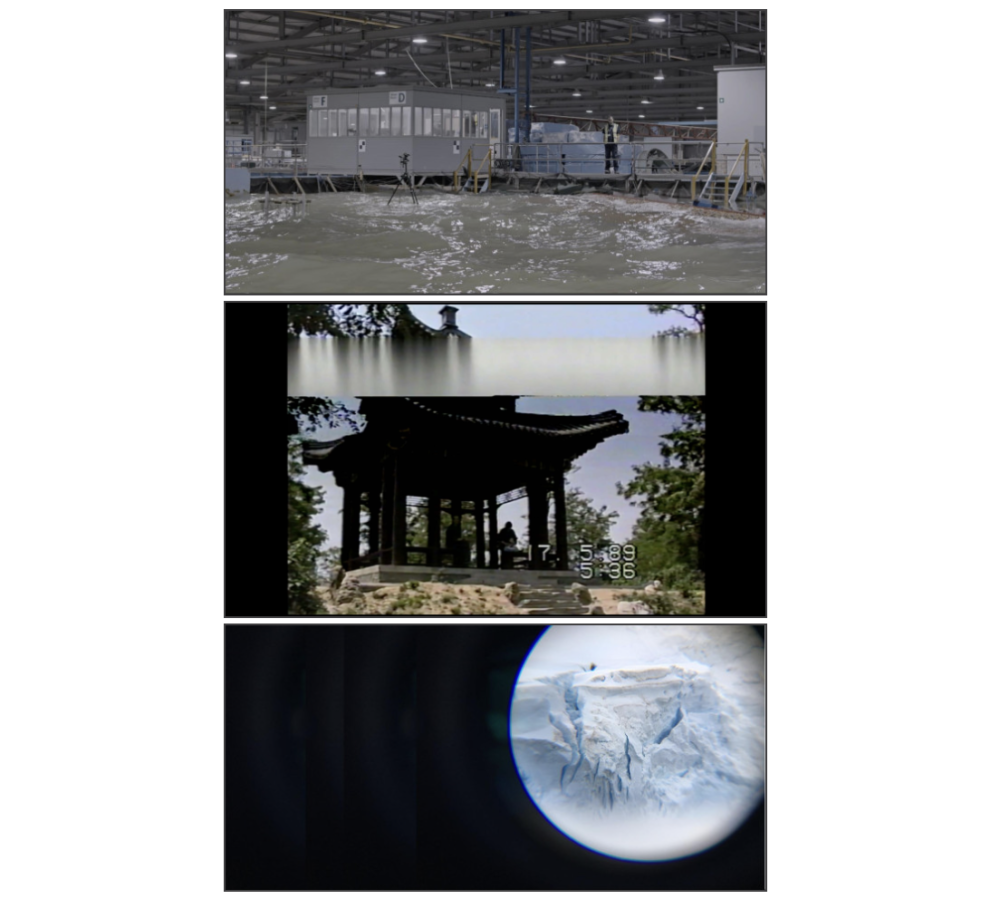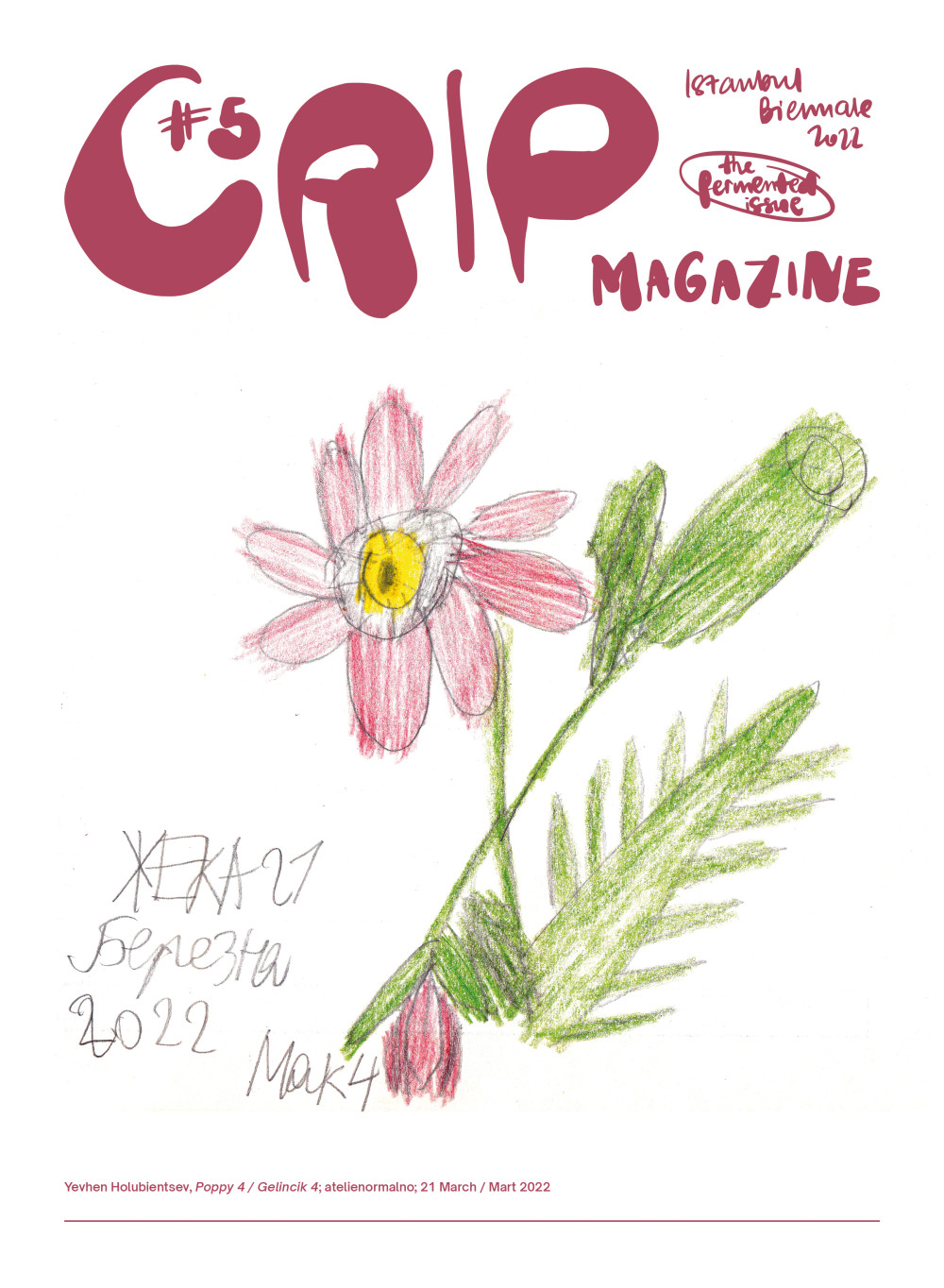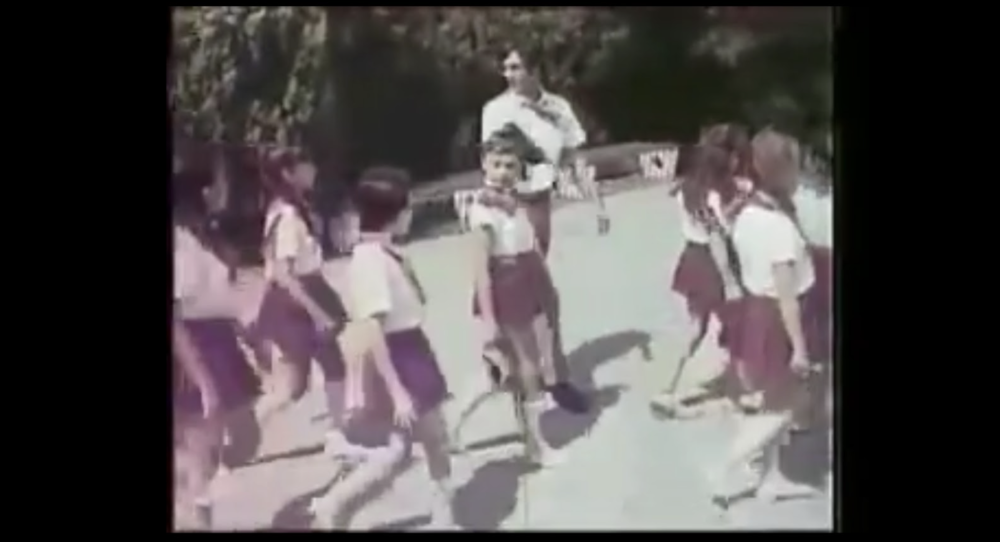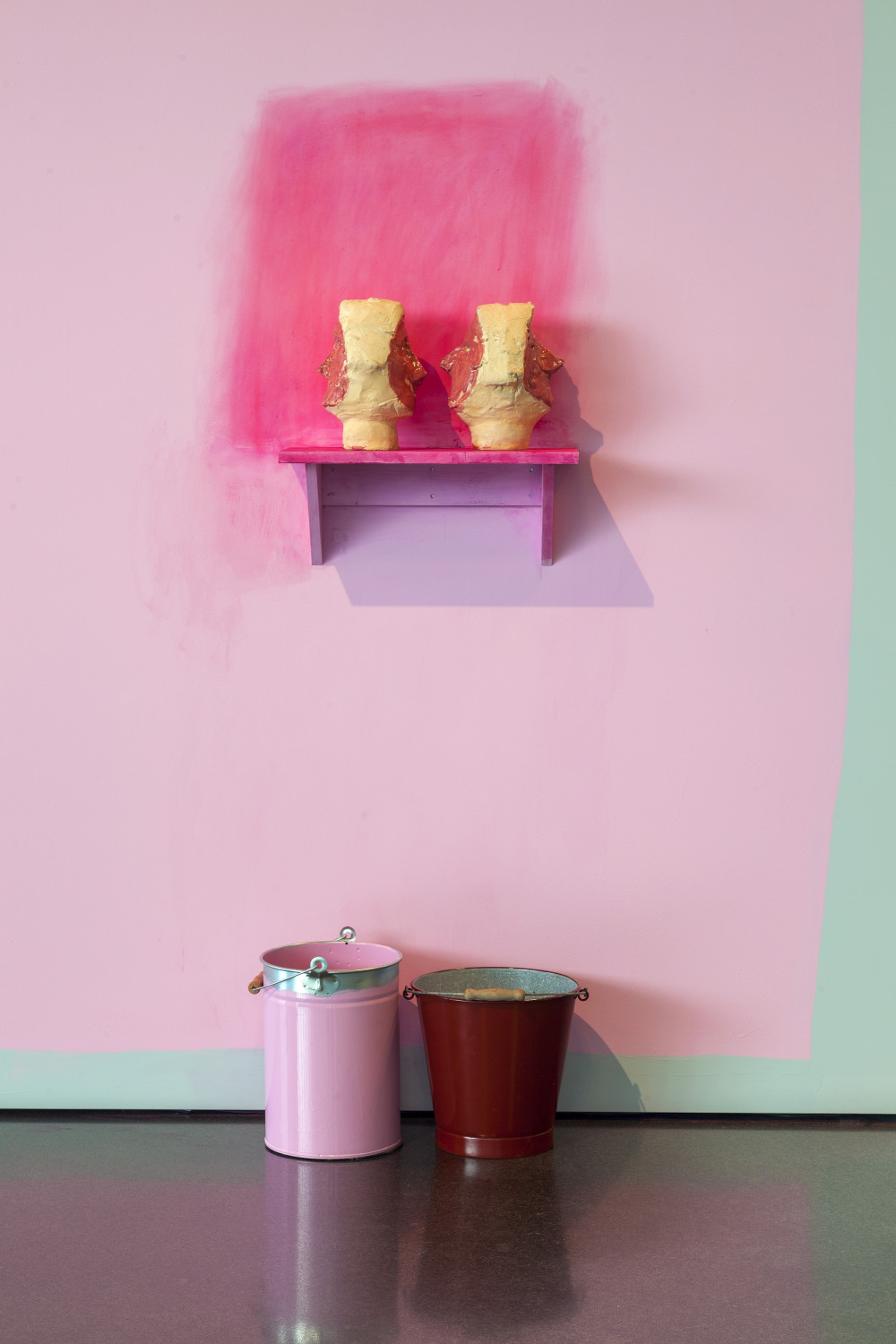la facultad
une conversation avec Catalina Insignares et Myriam Lefkowitz
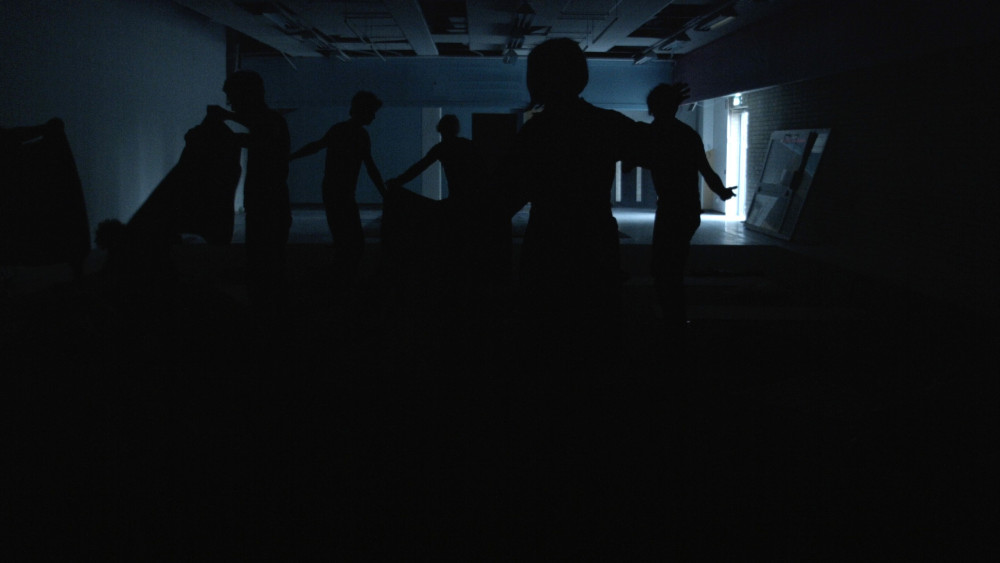
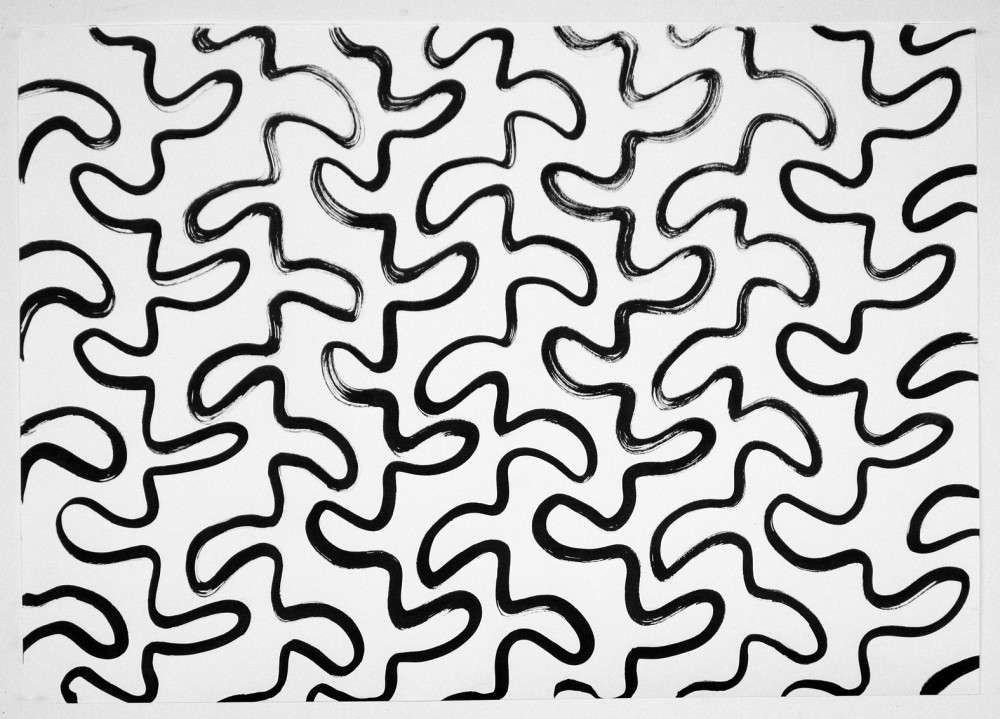
Rehearsing is a tool to test, self-reflect, and render conventions, roles, and behaviors visible. In rehearsal, we test ways to address things; we experiment with positions, try out parts, and play with rules, all the while insidiously subverting them. Putting forward the concept of rehearsal means posing the question of the changeability of our patterns of attitude and perception and creating conditions of possibility for things not yet tried.
When we rehearse retreat, we’re interested in the multilayered meaning of the word «retreat» as an act of withdrawing from what is dangerous and a place of refuge. Such a refuge is not a place of escapism, but rather a temporary place of shelter often needed at a point of breakage to extract oneself from the constraints of a system and be able to think and act towards change. It is a place for inner and collective reparative reflection.
«Rehearsing Retreat» came about through various discussions about our curating, writing, research, and teaching practices and the associated restraints, canons, and frameworks. In different contexts, we work towards creating cracks or glitches, provoking a crisis, even just a hesitation around one’s «feeling at home» in language, institutions, or disciplines. We seek ways of retreating from following specific rules, letting go of the need to score points, limiting ourselves to the status quo and instead rehearsing retreat.
Clara Schulmann reminds us of Guy Debord’s reflections on military strategies and history, where he stated that «of all the operations of war, the most difficult, unquestionably, is withdrawal.» With this as our focus we want to tackle the project of practicing retreat. In doing so, we link our critical reflections to our respective social and political practices and the issues of class, gender, race, and dis/ability affecting them. To root our writing in our experience, practice, and reflection of those practices and issues doesn’t amount to identity politics; rather, it is a way of looking for connections. In this way, we also want to draw attention to how our bodies occupy space, individually and collectively. In turning to the particular, we bring out the collective.
«Rehearsing Retreat» is a hopeful call to practice retreat, an initial draft that leaves room for comments and improvement. For this reason, we will at a later point host an event that can bring together the different voices and allow us to open up formats, contents, and visions of the world beyond the realm of writing.
This focus builds on B-N-L’s ongoing interest in experimental ways of writing and reading, as in reflections on «auto theory» and «reparative reading.»

